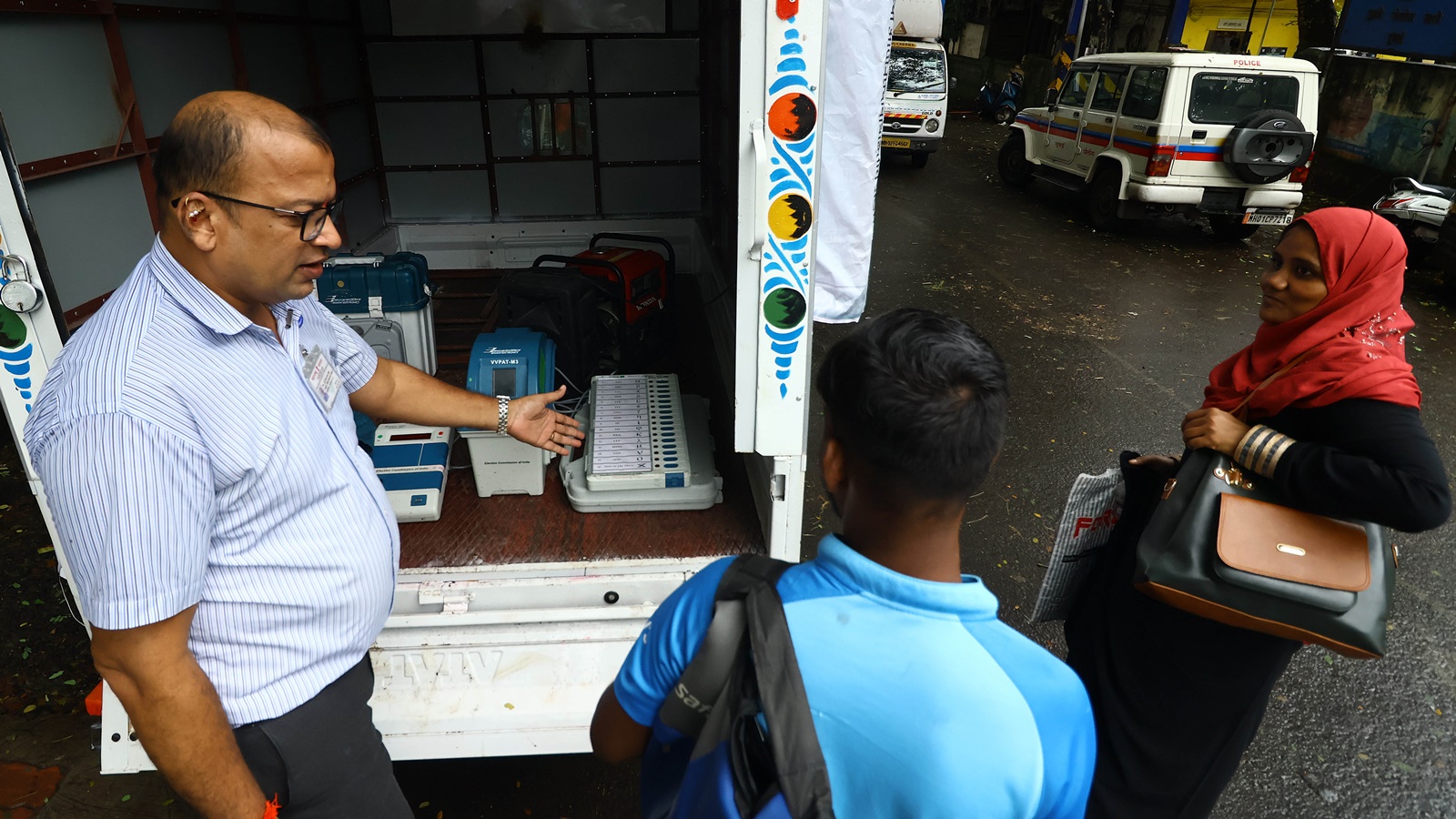As Maharashtra prepares for assembly elections, Generation Z voters, aged 18 to 25, are a critical demographic with the potential to significantly influence electoral outcomes. Despite their numerical strength, there is growing evidence of political disengagement among this cohort, fueled by a lack of trust in political leaders, perceived lack of representation, and bureaucratic inefficiencies.
According to the Election Commission of India (ECI), Maharashtra is home to nearly 10 million eligible voters between 18 and 25 in 2024 — they make up about 13 per cent of the electorate. Nationally, over 60 million voters are in this age group. Historically, young voters have been instrumental in shaping political outcomes, influencing party platforms and supporting progressive reforms. However, recent trends tell a different story. In the 2019 Maharashtra Assembly elections, youth turnout was approximately 60 per cent, lower than the overall state turnout of 65 per cent. This declining participation could have serious repercussions for the state’s political trajectory, especially in addressing core concerns like unemployment, education, climate change, and social justice.
Surveys and studies reveal that many young voters view the political class with skepticism. A 2023 survey by the Centre for the Study of Developing Societies (CSDS) found that 65 per cent of respondents aged 18-25 believed politicians prioritise personal power and interests over the welfare of the people. This sentiment is particularly strong in Maharashtra, where political scandals, corruption, and administrative inefficiencies have plagued the ruling class. Frequent party realignments and defections in the state’s political scene have deepened this mistrust. For a generation that values authenticity and integrity, politics appears to be a self-serving game played by elites.
Despite being one of the largest voting blocs, young people feel their concerns are often ignored by mainstream political parties. This perception is supported by data. In 2023, Maharashtra’s youth unemployment rate was 22.2 per cent, far higher than the national average of 7.45 per cent, according to the Ministry of Labour and Employment. Economic challenges, exacerbated by the pandemic, have disproportionately affected young people in Maharashtra. The state’s slow recovery, particularly in manufacturing and services sectors, has led to a sharp fall in employment opportunities for graduates. Inadequate training in skills, an overburdened education system and the political establishment’s failure to address these core issues contribute to their political alienation.
As the first digitally native generation, Gen Z expects efficiency, transparency, and accountability in governance. However, Maharashtra’s political and administrative system has struggled to meet these expectations. Several key infrastructure projects, such as the Mumbai Metro and Mumbai-Nagpur Expressway, remain incomplete or are delayed. Further, despite promises of “Digital India” initiatives, access to reliable internet and digital literacy remains uneven across Maharashtra’s rural and urban areas. In a 2021 NITI Aayog report, Maharashtra ranked lower than expected in digital infrastructure compared to progressive states like Karnataka and Gujarat, leaving many rural youth without the tools needed to compete in a digital economy.
If Gen Z continues to abstain from voting, their absence will shift political power to older, more conservative demographics. This shift could result in policies that do not address the evolving needs of a younger, more progressive generation. As democratic participation decreases, the gap between citizens and policymakers widens, leading to less accountability and poorer governance. Further, political parties may feel less compelled to engage with youth-centric issues.
With fewer young voters participating in elections, outcomes may be decided by older, ideologically rigid voters, pushing parties to cater to more extreme viewpoints. In Maharashtra, where regional, caste, and religious identities heavily influence political decisions, a lack of youth participation could exacerbate existing divides. Gen Z’s absence from the electoral process could thus dampen prospects for progressive social change in Maharashtra, a state that has historically been at the forefront of reformist policies in India.
Young voters tend to hold progressive views on a range of social and environmental issues, from gender equality to LGBTQ+ rights and climate action. However, their absence from electoral participation means that these critical issues may receive less attention. In Maharashtra, discussions on climate change and renewable energy policy have been sporadic. The state’s ambitious targets for solar energy, for example, have seen little concrete action due to a lack of sustained political will.
To reverse this trend, political parties must adopt targeted, youth-centric strategies that address core issues like employment, education, climate change, and digital access. By promoting younger candidates and empowering them with real decision-making authority, parties can create a sense of ownership and trust among Gen Z voters. Similarly, leveraging digital platforms to create transparent, interactive dialogues with young people could help rebuild their confidence in the political process.
Generation Z holds the potential to reshape Maharashtra’s political future, but their growing disillusionment presents a significant challenge. Both the political class and civil society must prioritize Gen Z’s concerns and work to re-engage them in the democratic process.
Sharma is a student at American University, Washington DC majoring in Political Science, with experience in youth empowerment, political research and campaign strategy



